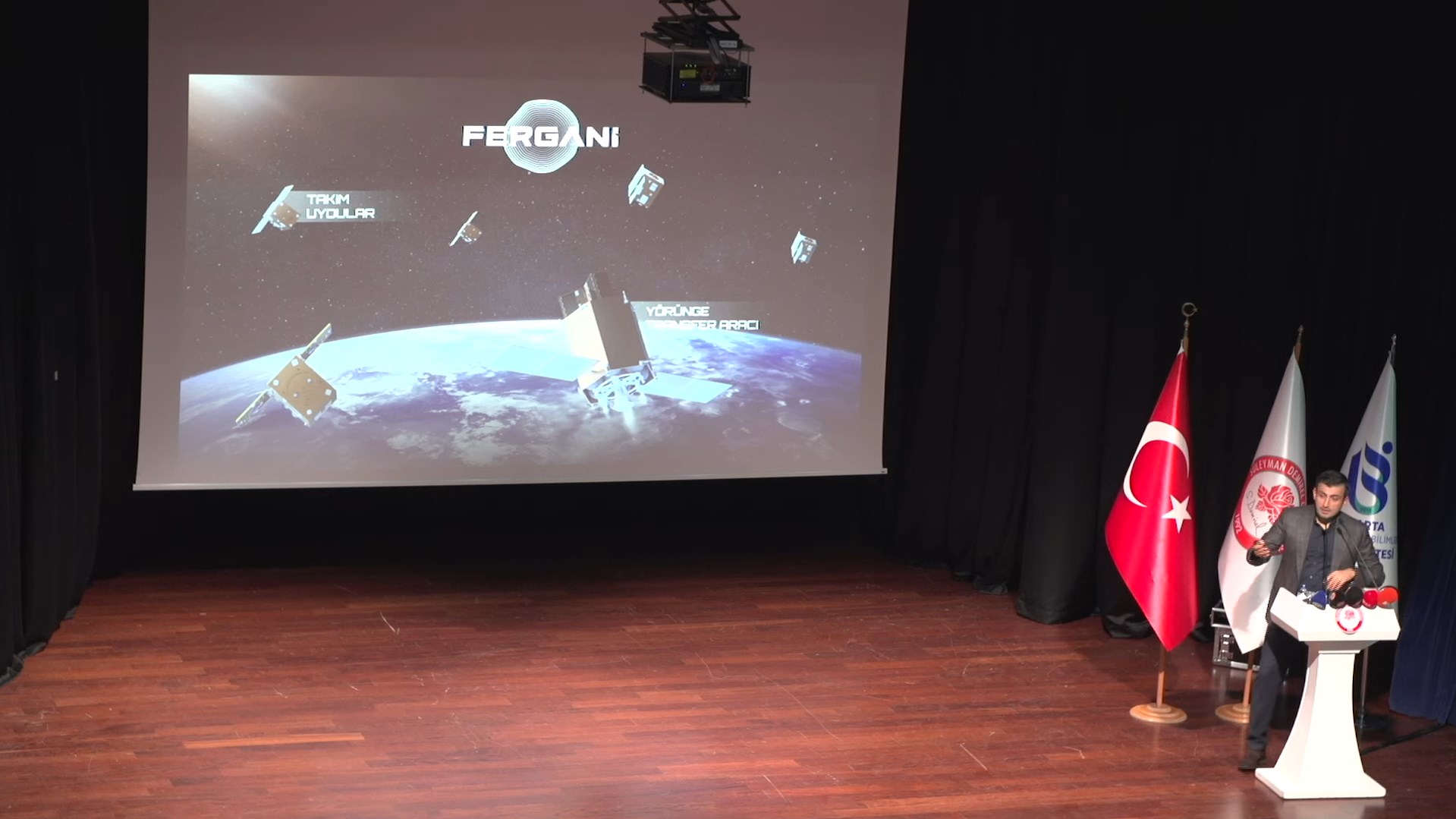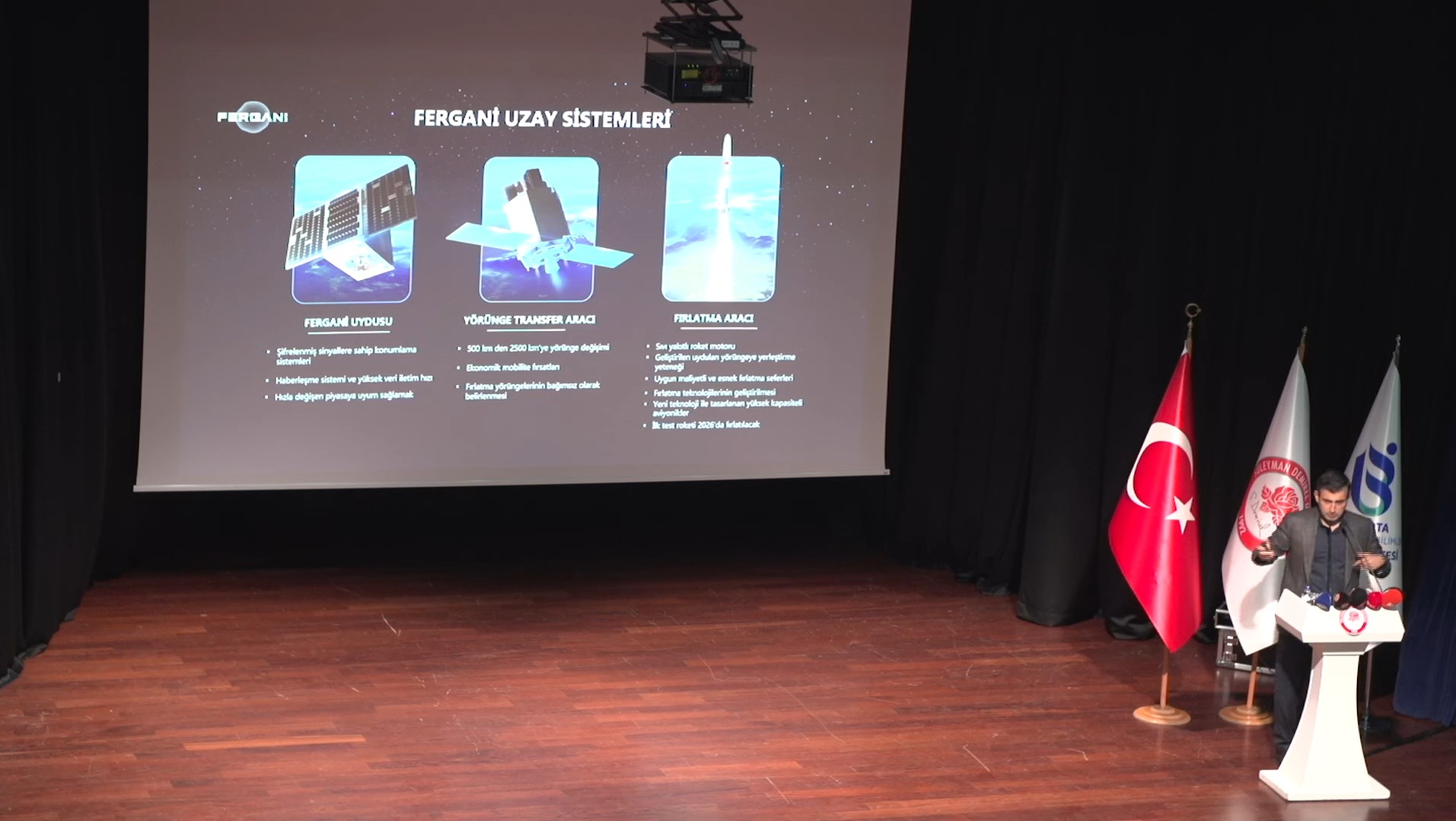
Bayraktar: Fergani Space’s first satellite will be launched in January
See Full Size
The first Fergani satellite will be launched in January
Bayraktar, “After reaching our 20-year goal, the goal was moved a little further and we started space studies. Our work called Fergani has been continuing for about 2 years. We are also building our global positioning system with our own resources, with low orbit constellations.” iwhile using expressions Fergani’s first satellite will be launched next month, in January 2025 announced that it would be launched. He did not give details about which company and rocket the launch would be made with.
Bayraktar is also one of Fergani’s main goals. GPS He underlined that it was to build. Reminding that there is GPS in the USA, GLONASS in Russia and Beidou in China, Bayraktar said: “These are long-term projects. It will take us 7-8 years.” he said.
Fergani satellites will have a communication system and high data transmission speeds. These will be established as constellations, similar to Starlink. Fergani constellations will be used in maritime, aviation, IoT, meteorology, logistics and other fields. These will be satellites in the 100 kg class and will serve at an altitude of 500-600 km. These satellites will have various payloads such as communication and geographical positioning. Satellites that can communicate in Ku, Ka, S, L bands will provide global coverage.
Launch vehicle and orbital transfer vehicle
See Full Size
Fergani also has his own launch vehicle project is available. liquid fuel This rocket will use a rocket engine, 50 tons It will be a large launch vehicle. Fergani plans to carry 1 ton of payload into orbit with this rocket. The first launch test of the Fergani rocket is planned to be held in 2026. Bayraktar also underlined that these are no more complicated than KIZILELMA.
Apart from Fergani, Roketsan and DeltaV are also working on launch systems in Turkey. All three will be used to launch payloads between 100 kg and 1 ton. Therefore, these systems will not compete directly with other space companies such as SpaceX for a while. Because the reusable Falcon 9 rocket, which SpaceX launches almost every week, weighs approximately 550 tons and can carry more than 20 tons of payload in low Earth orbit.
This news our mobile application Download using
You can read it whenever you want (even offline):
